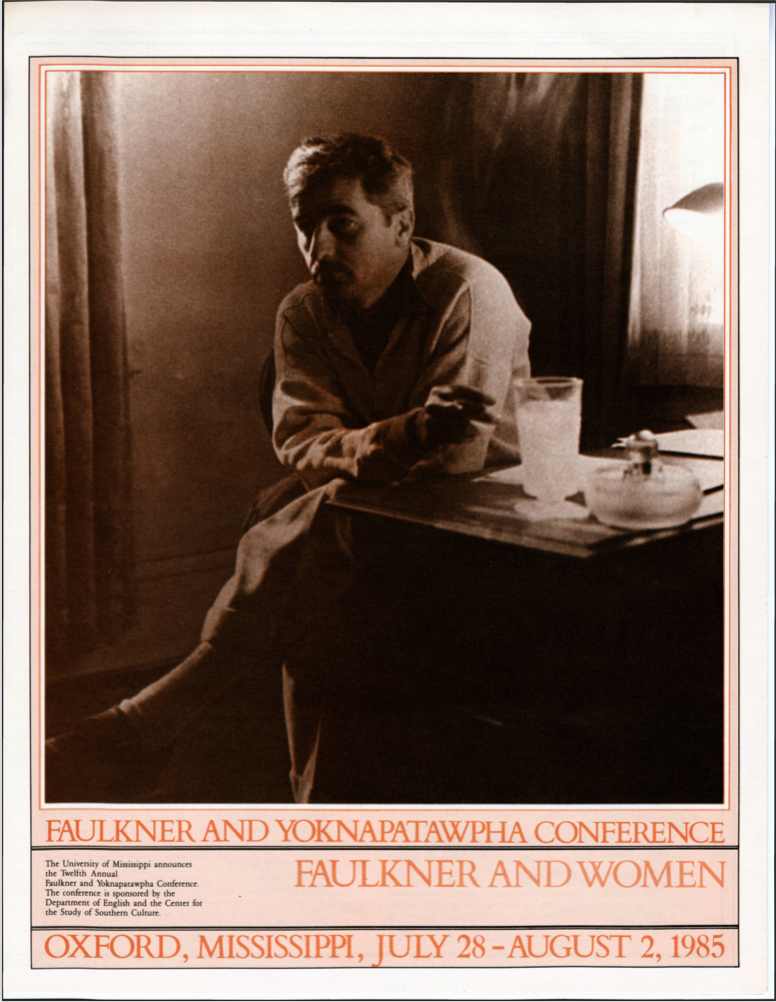
Faulkner and the Charge of Antifeminism
Location
Education Auditorium
Start Date
29-7-1985 10:30 AM
Description
As early as 1925, in a review of The Marble Faun, Faulkner was called "an antifeminist," and, over the past decades, the charge frequently has been repeated. What, if any, validity is there to this accusation? Granted, many of Faulkner’s male characters make woman-slighting comments--does this make Faulkner a misogynist?
In order to attempt to explain and to understand what seems to be anti-feminine attitudes in Faulkner’s texts, it is necessary, I think, to examine in detail the particular instances of apparent misogyny in the context of the novel in which these statements are found. What I propose to do, therefore, is to judge Faulkner’s text fairly, to take Light in August, the one novel which, more than any other, has been singled out for its woman-slanderous sentiments, and to attempt to answer the questions: What is the reason for this masculine aversion to the feminine? What is the context for it? What purpose does it serve in Faulkner’s narrative? And, finally, does Faulkner’s rendering of antiwomanism celebrate or critique this attitude?
Relational Format
Conference Proceeding
Recommended Citation
Fowler, Doreen, "Faulkner and the Charge of Antifeminism" (1985). Faulkner and Yoknapatawpha Conference. 9.
https://egrove.olemiss.edu/fy/1985/schedule/9
Faulkner and the Charge of Antifeminism
Education Auditorium
As early as 1925, in a review of The Marble Faun, Faulkner was called "an antifeminist," and, over the past decades, the charge frequently has been repeated. What, if any, validity is there to this accusation? Granted, many of Faulkner’s male characters make woman-slighting comments--does this make Faulkner a misogynist?
In order to attempt to explain and to understand what seems to be anti-feminine attitudes in Faulkner’s texts, it is necessary, I think, to examine in detail the particular instances of apparent misogyny in the context of the novel in which these statements are found. What I propose to do, therefore, is to judge Faulkner’s text fairly, to take Light in August, the one novel which, more than any other, has been singled out for its woman-slanderous sentiments, and to attempt to answer the questions: What is the reason for this masculine aversion to the feminine? What is the context for it? What purpose does it serve in Faulkner’s narrative? And, finally, does Faulkner’s rendering of antiwomanism celebrate or critique this attitude?

